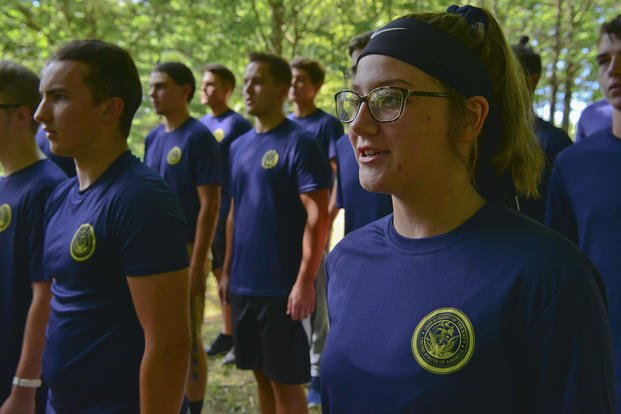Recruiters are honest, well-trained, committed professionals. Meeting a recruiter should be an informative, stress-free experience. These 10 tips will make sure you're prepared for your interview.
Tips for Visiting your Recruiter
These tips for visiting your military recruiter will give you talking points and goals as you get ready to join the military. By having no fear, taking a friend or family member with you, knowing the ASVAB, understanding where you want to be stationed, asking about special pays and by knowing your contract goals, start date and commitment length -- and then getting it all in writing -- you’ll be able to get the most of out of this recruiter meeting.
1. Have no fear. Remember you are under no obligation when speaking to a recruiter. You may be asked to sign paperwork before taking the ASVAB and possibly at other steps in the process. This is standard procedure so don't be alarmed. The enlistment process is involved and takes time; you have the ability to change your mind at any time before you sign the final enlistment contract.
2. Go with someone. You may feel more at ease if you take a friend, parent or someone else you trust.
3. Know the ASVAB. You may get the job you want, but to do so, you must score well on the Armed Services Vocational Aptitude Battery (ASVAB) test. But the ASVAB alone doesn't guarantee you'll get the job you want. Military job selection also is based on other specified criteria, such as physical fitness, eyesight, security requirements and education level.
Keep in mind the job you want may not be available at the time you are joining. In this case, you may want to wait until there is an opening for the job you want. Depending on how important the choice of a particular branch is to you, consider the possibility that another service may offer you the job you want or maybe there's a similar job available.
4. Be stationed where you want. Some services have programs where they can guarantee your first duty station. Be sure to ask, but remember that after your first unit, you could serve anywhere.
5. Get paid more. If you have special training or education, you may qualify to join at a higher rank and pay. Some examples include Junior ROTC, Eagle Scout and Civil Air Patrol. Ask the recruiter.
6. Choose your start date. Use the Delayed Entry Program to your advantage. Tell your recruiter the earliest date you are able to go to basic training.
7. Choose your commitment. The shortest enlistment contract requires a commitment of two years of active duty and four years in the inactive reserve. The standard enlistment contracts are four or six years of active service, followed by an inactive reserve commitment.
8. Correct the contract before signing. Typos and errors can create problems. Make sure the contract is right before you sign it.
9. Get it in writing. Guarantees such as the military occupational specialty (MOS), bonuses and the college fund must be reflected in the enlistment contract.
10. Remember you're signing up to be a soldier, airman, sailor, Marine or Coast Guardsman. It is important that you are honest with your recruiter. Don't hesitate to ask questions. You should work to get the job you want, but understand that your role as a service member comes first. Be honest with yourself; serving in the military is not like a regular job. You can't quit when the going gets tough. The military requires diligence, dedication and a commitment to teamwork. Remember, your actions could potentially cost or save lives.
Bonus Tip: The buddy deal. Some services have programs where friends who sign up together can go through training together, be stationed together or even start with advanced rank and pay just because you sign up together.
Interested in Joining the Military?
We can put you in touch with recruiters from the different military branches. Learn about the benefits of serving your country, paying for school, military career paths, and more: sign up now and hear from a recruiter near you.














